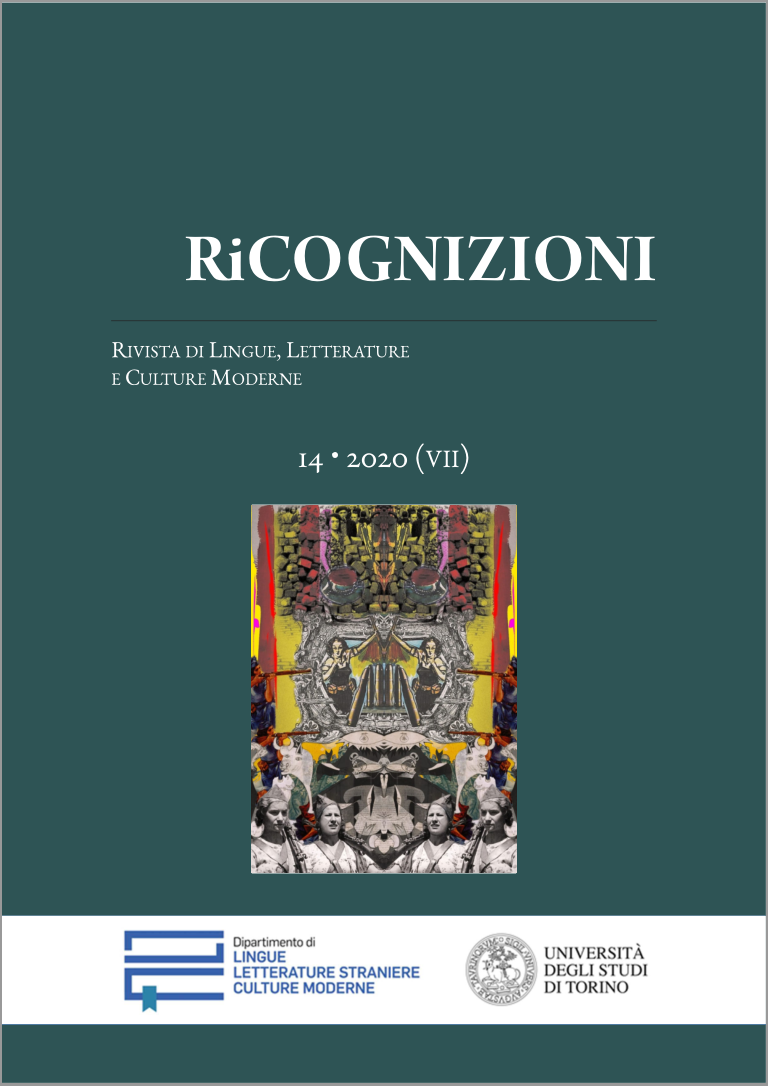Thomas Jefferson on Private Property
Myths and Reality
Abstract
Thomas Jefferson is sometimes presented as a radical egalitarian—the same figure upon
which early nineteenth-century American socialists built their theories. But he did not condemn private
property. By the same token, he did not advocate redistribution. In the Declaration of Independence,
Jefferson omitted to list property among inalienable rights because he had good reasons to do so. For
him, property neither fostered a society of self-seekers, nor promoted a purely instrumental and ad-
versarial relationship between individuals and the political community. Jefferson was no utopian,
either in the sense that he wanted redistribution, or in the sense the he was nostalgic about the “simpler”
societies of the past. Rather, Jefferson’s sole “utopianism” was enticed by the thought that in America,
after the Revolution, there was no urgent need of further redistribution.
RiCognizioni is published under a Creative Commons Attribution 4.0 International License.
With the licence CC-BY, authors retain the copyright, allowing anyone to download, reuse, re-print, modify, distribute and/or copy their contribution. The work must be properly attributed to its author.
It is not necessary to ask further permissions both to author or journal board.











